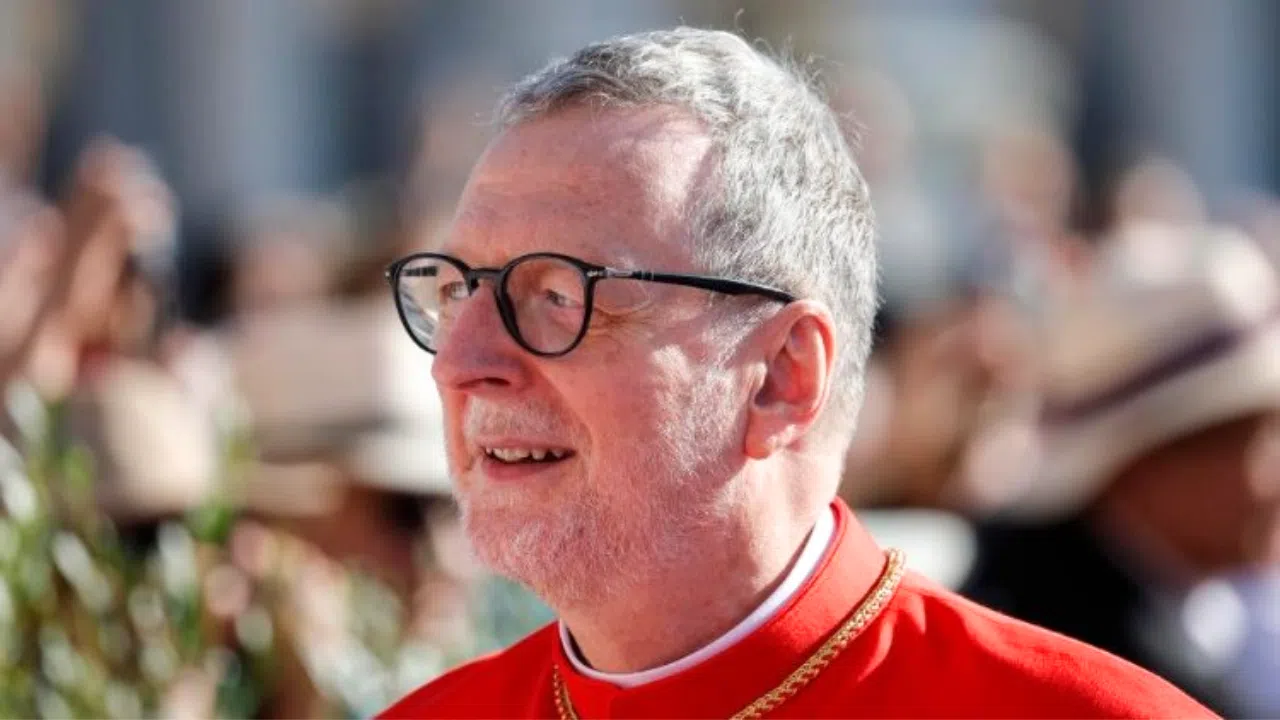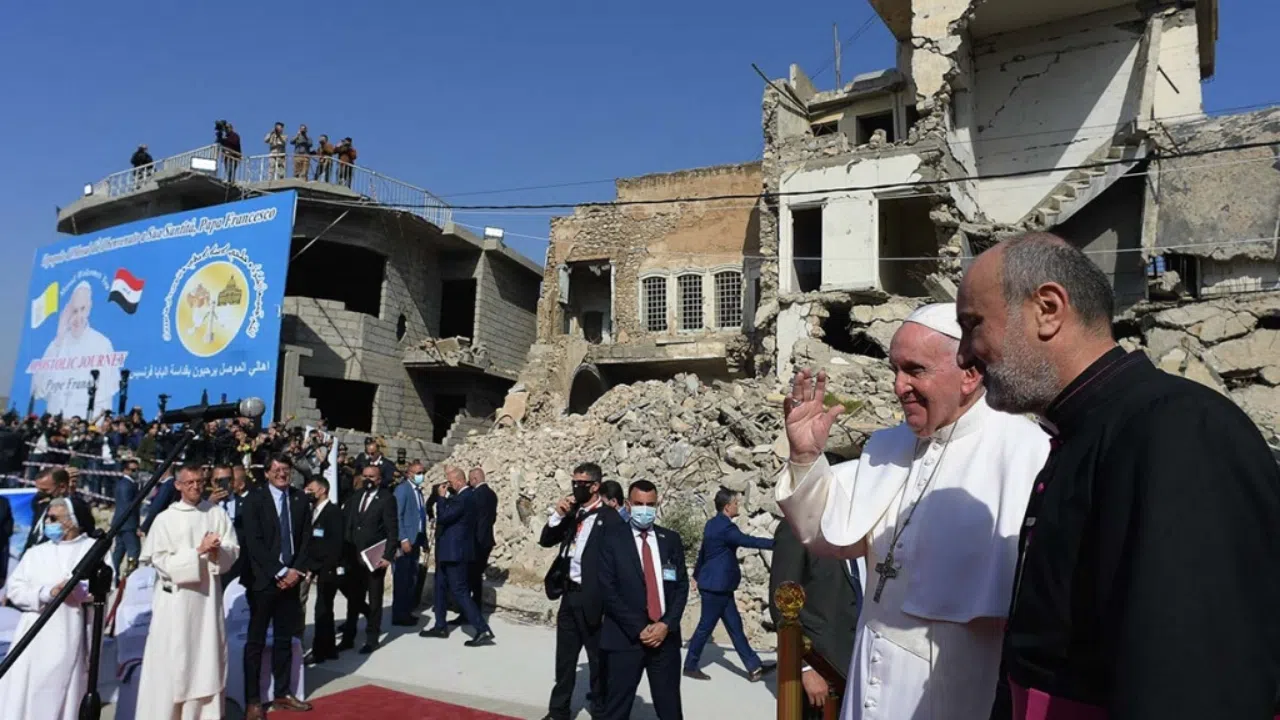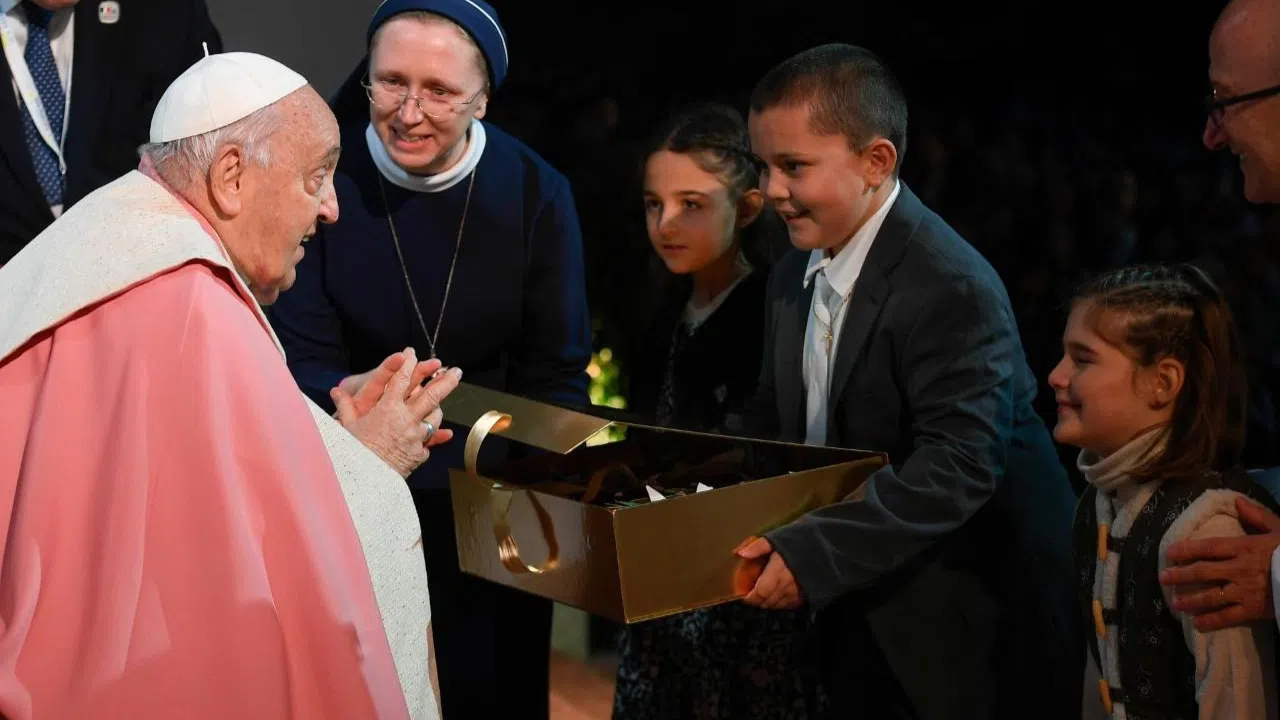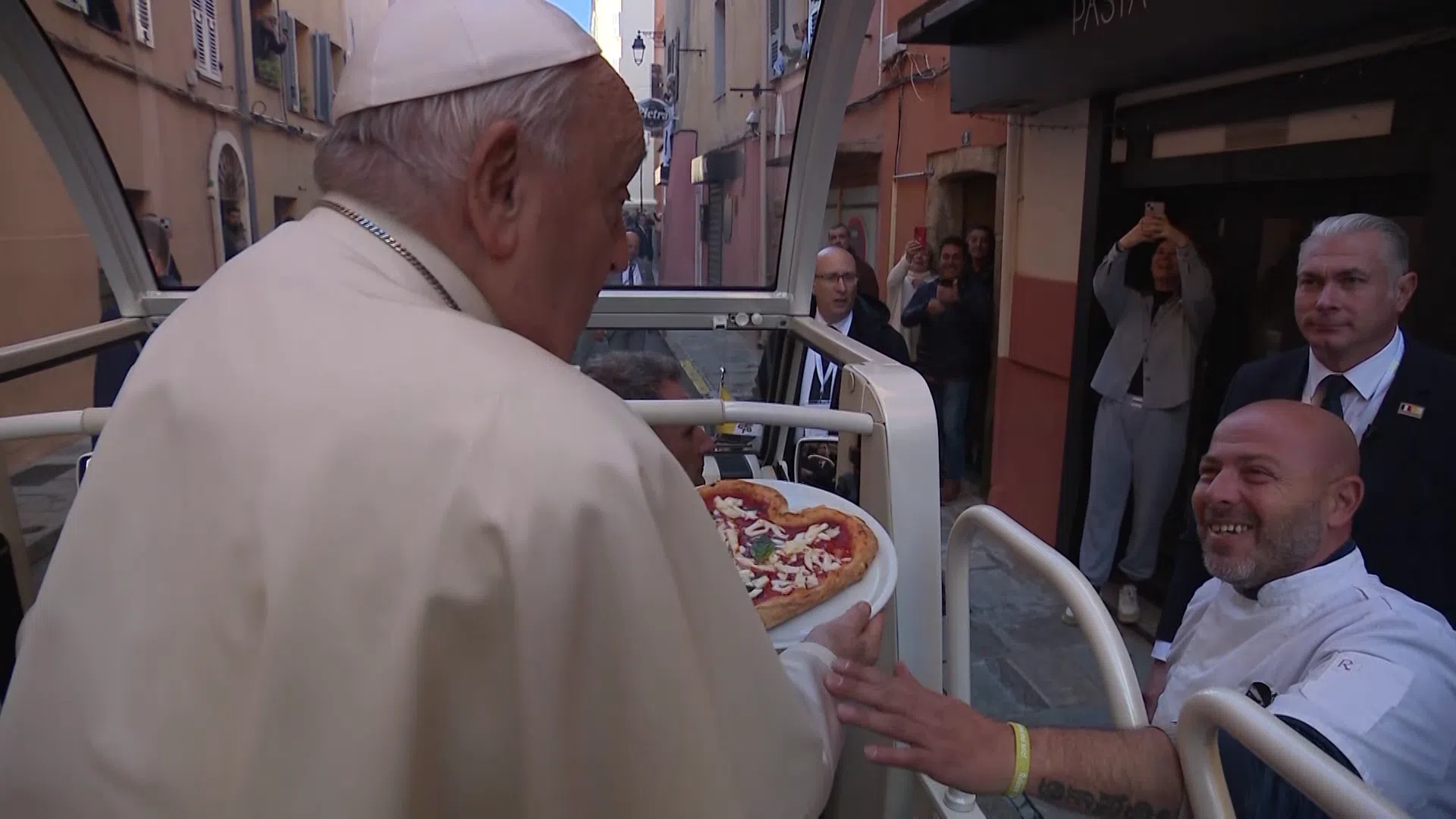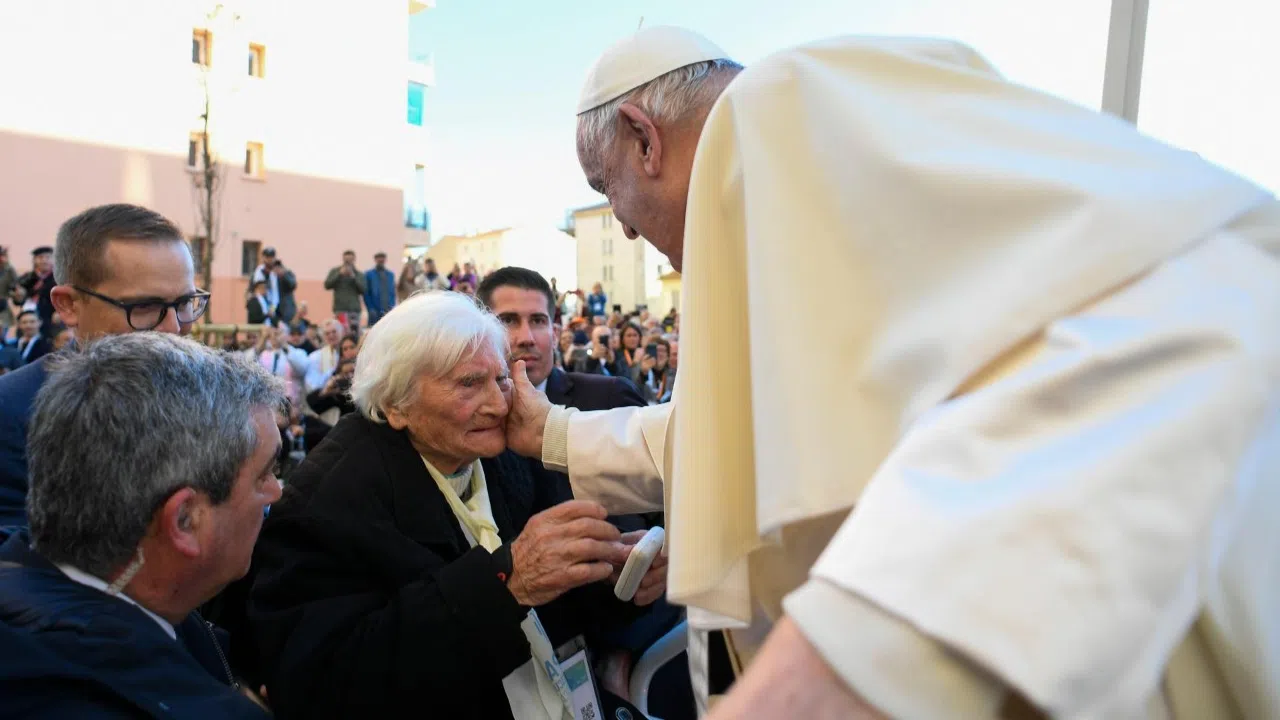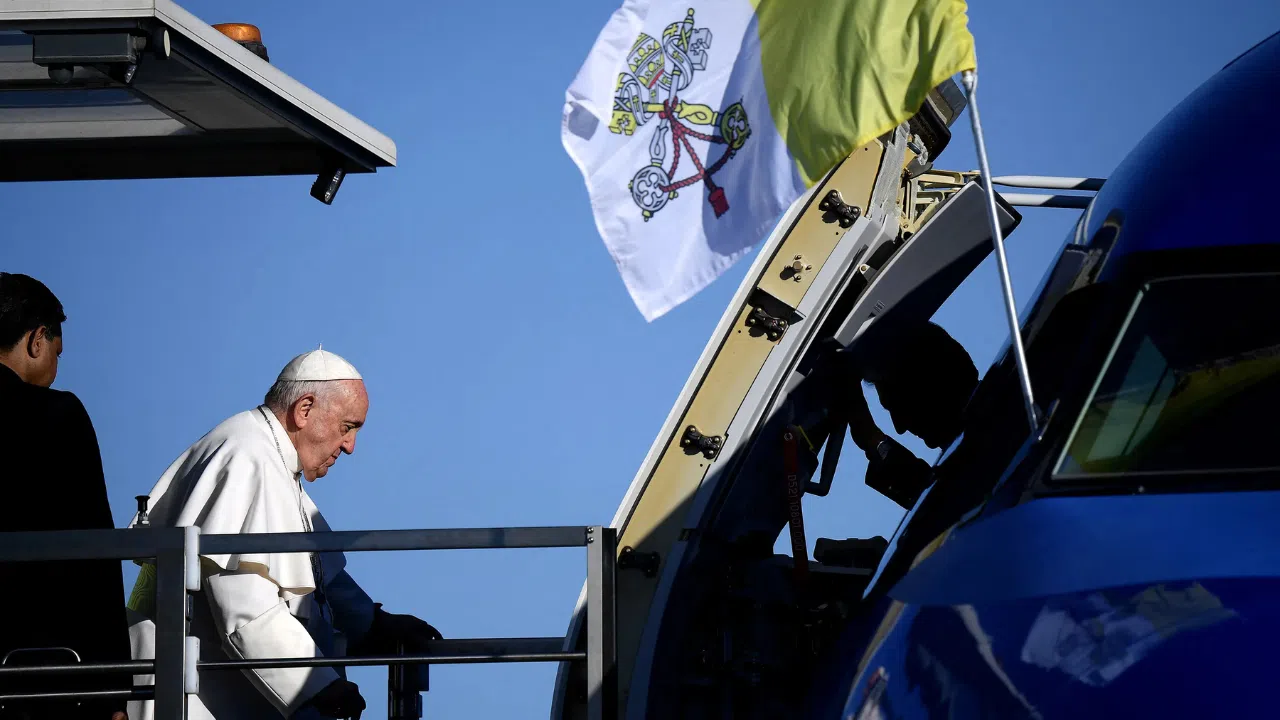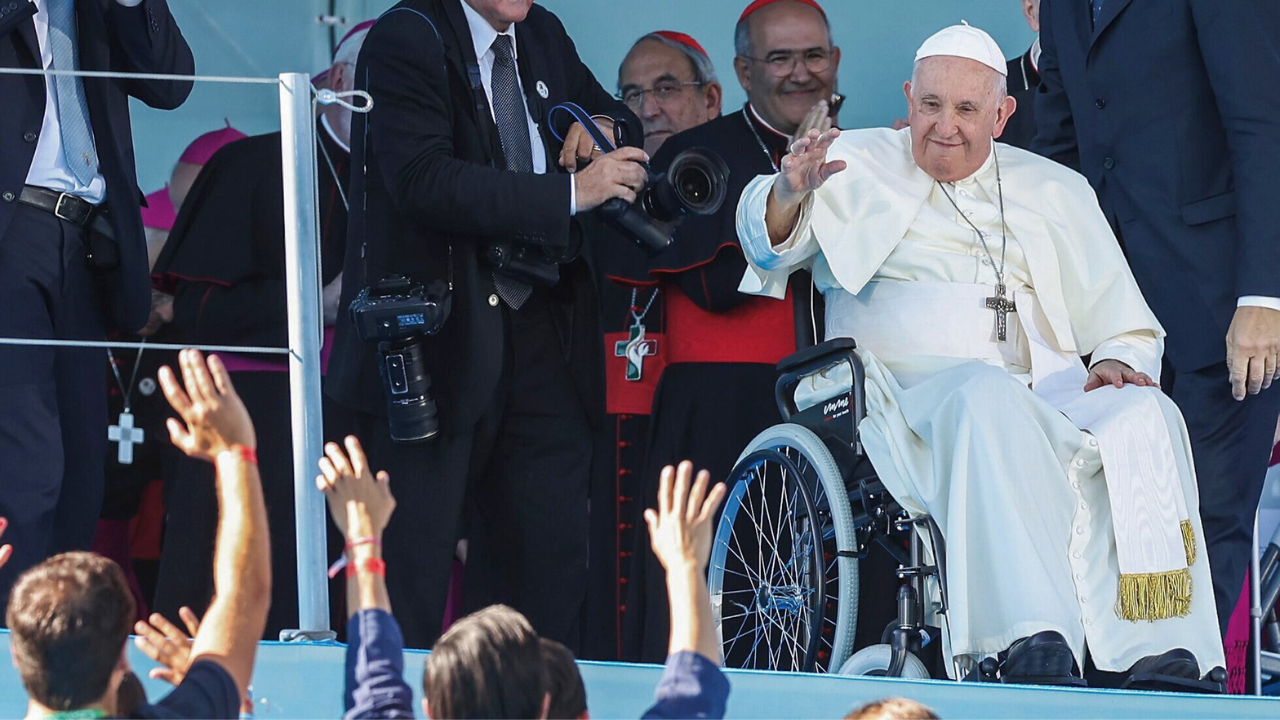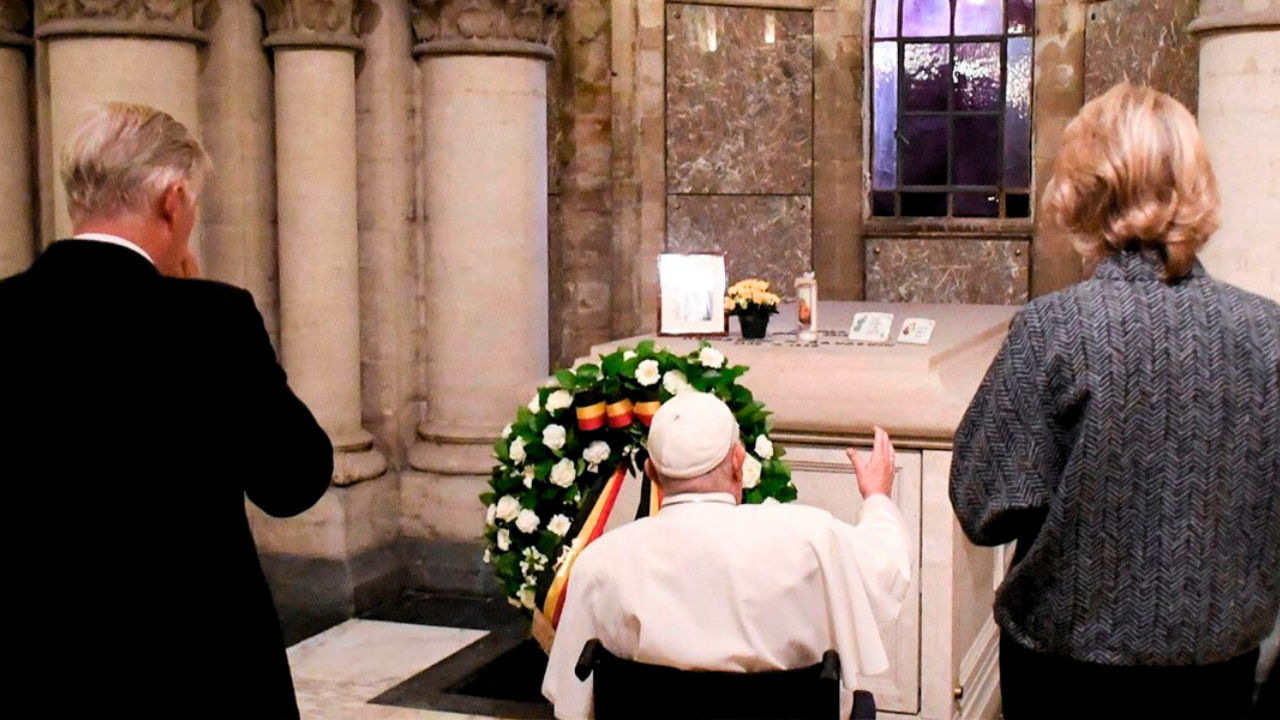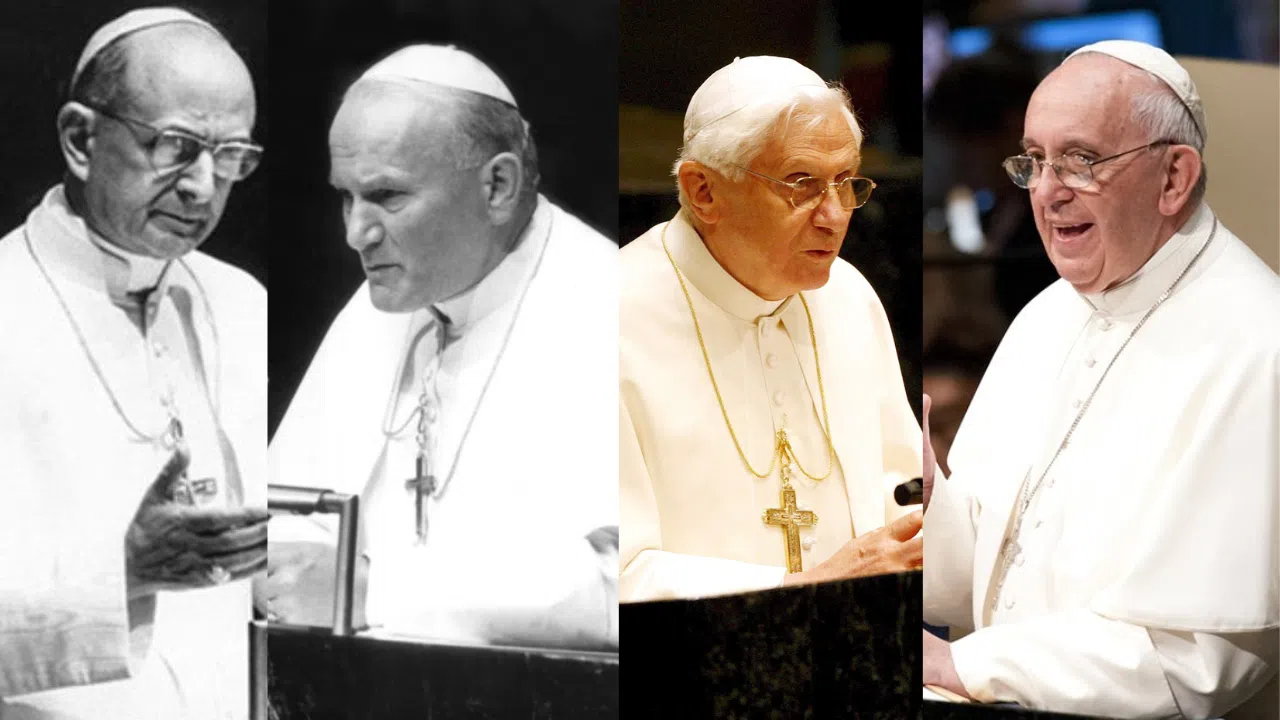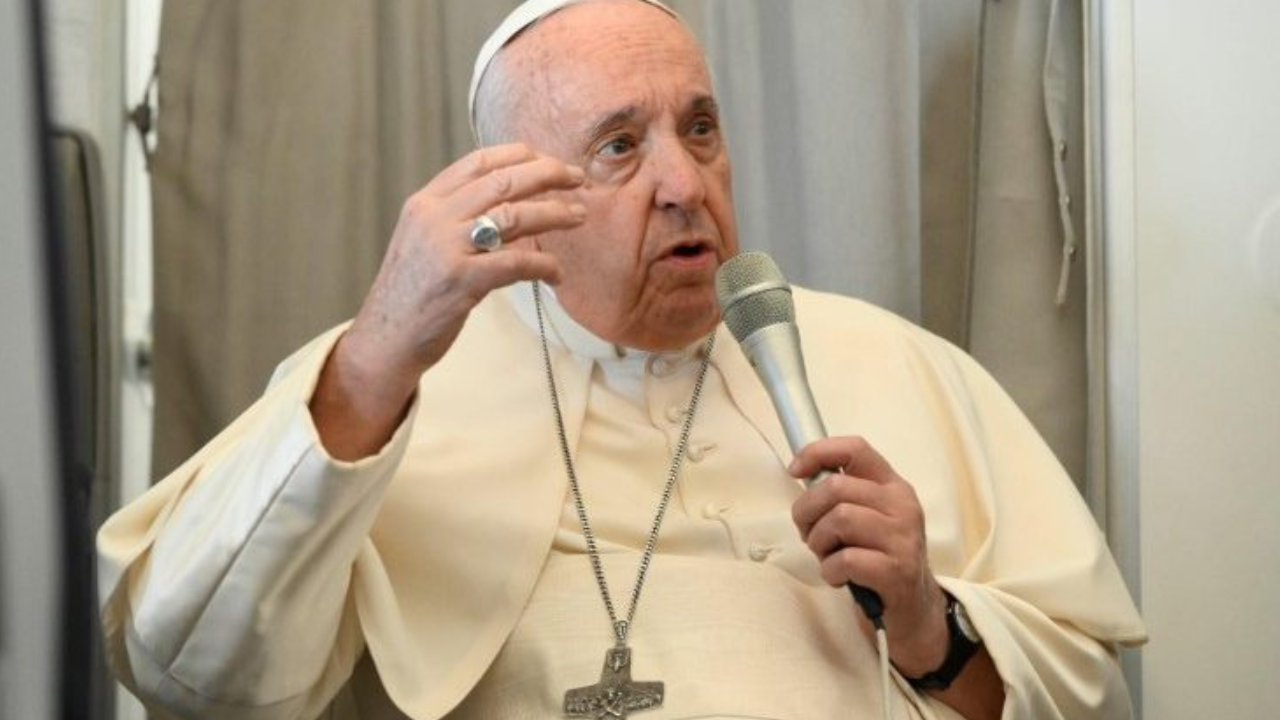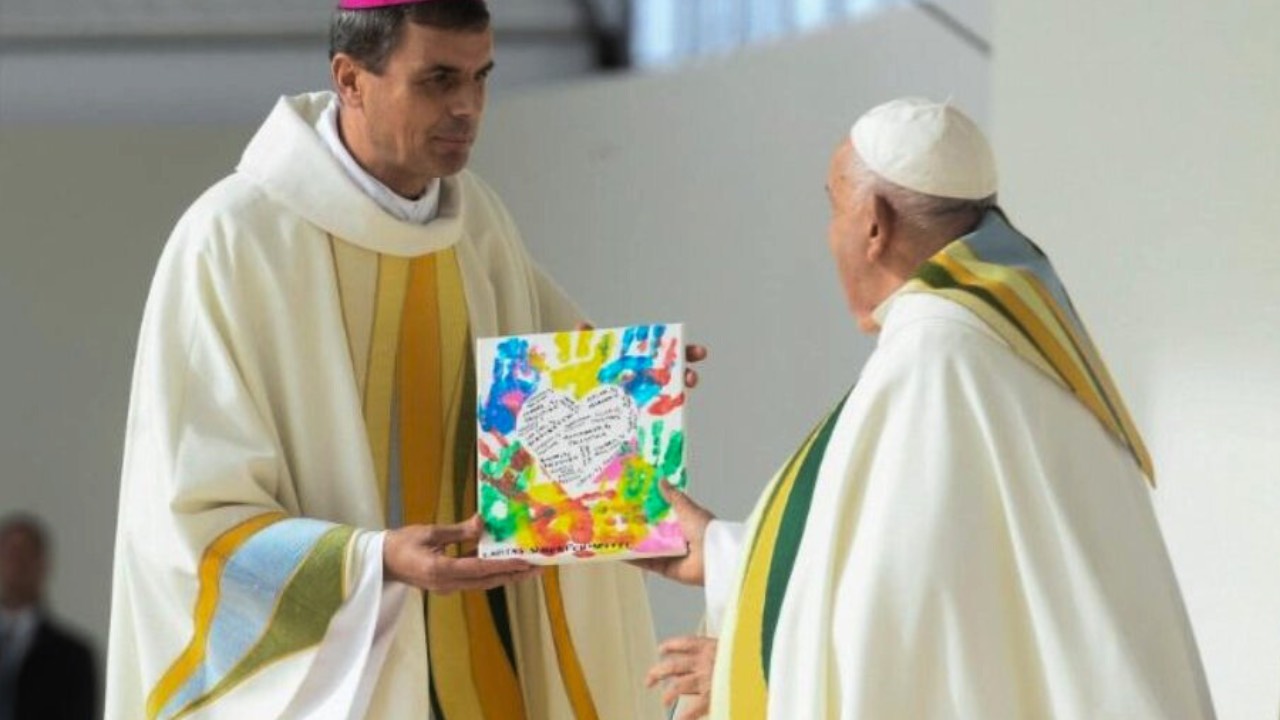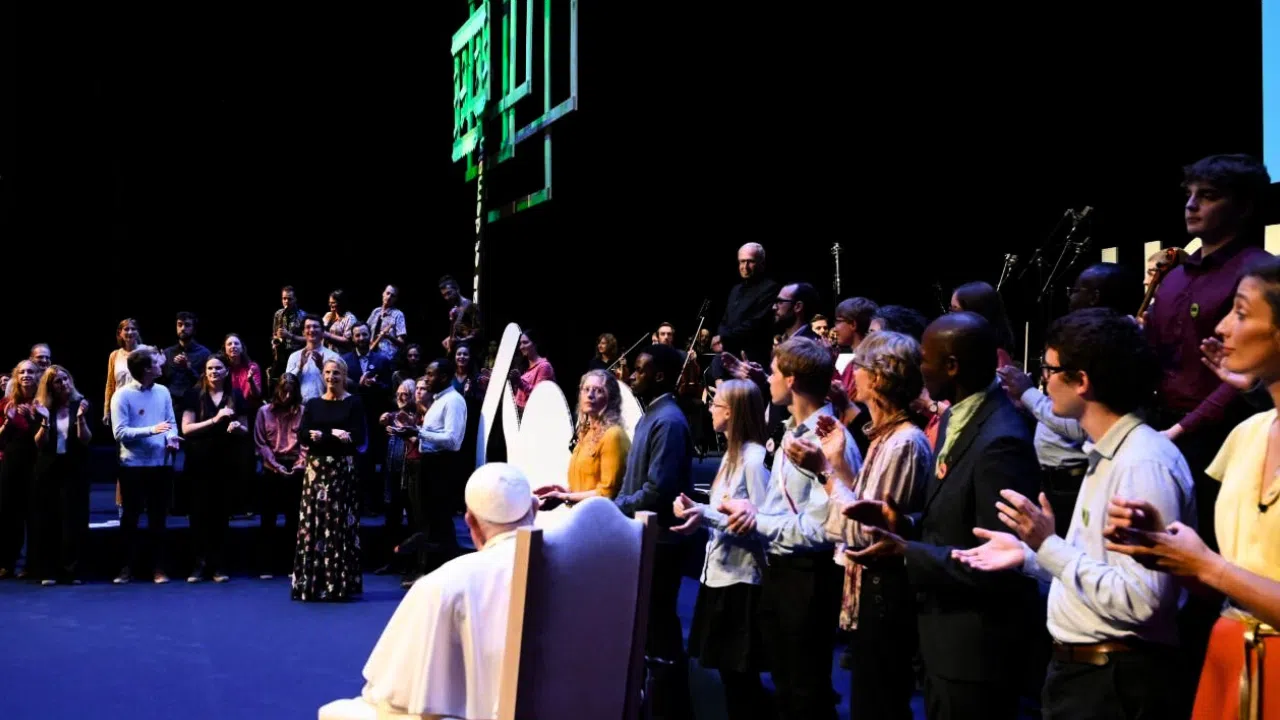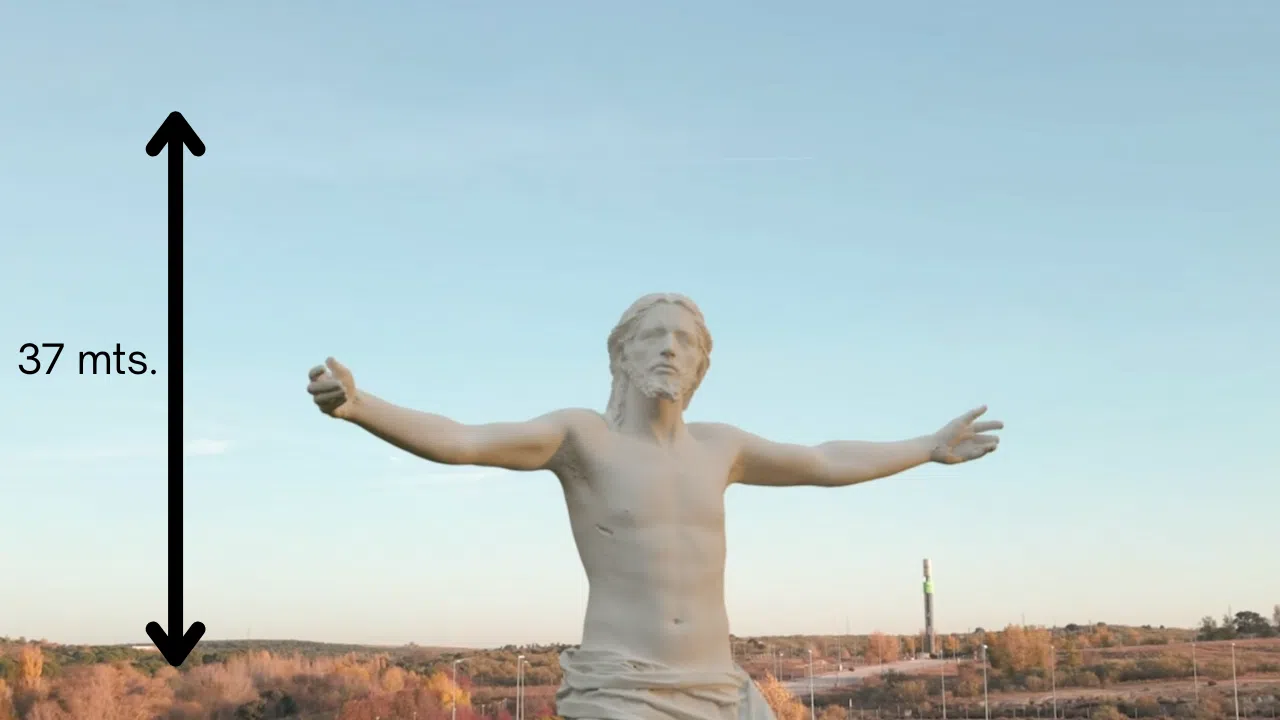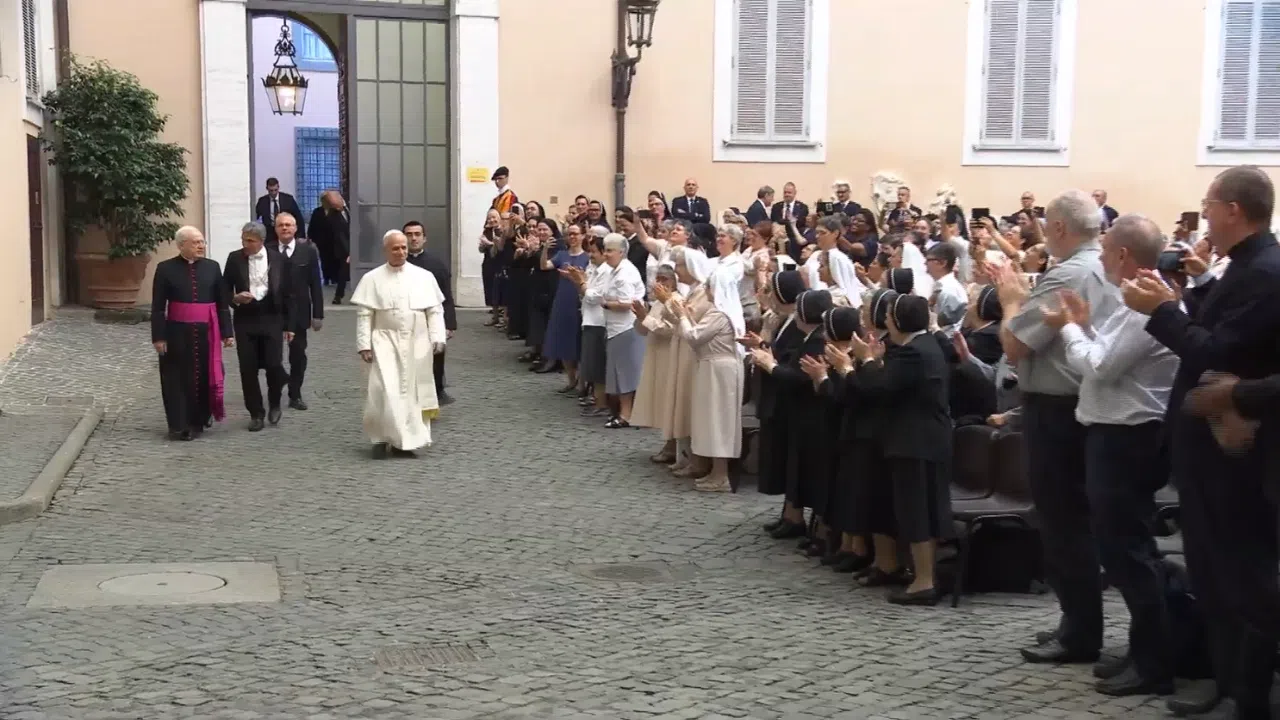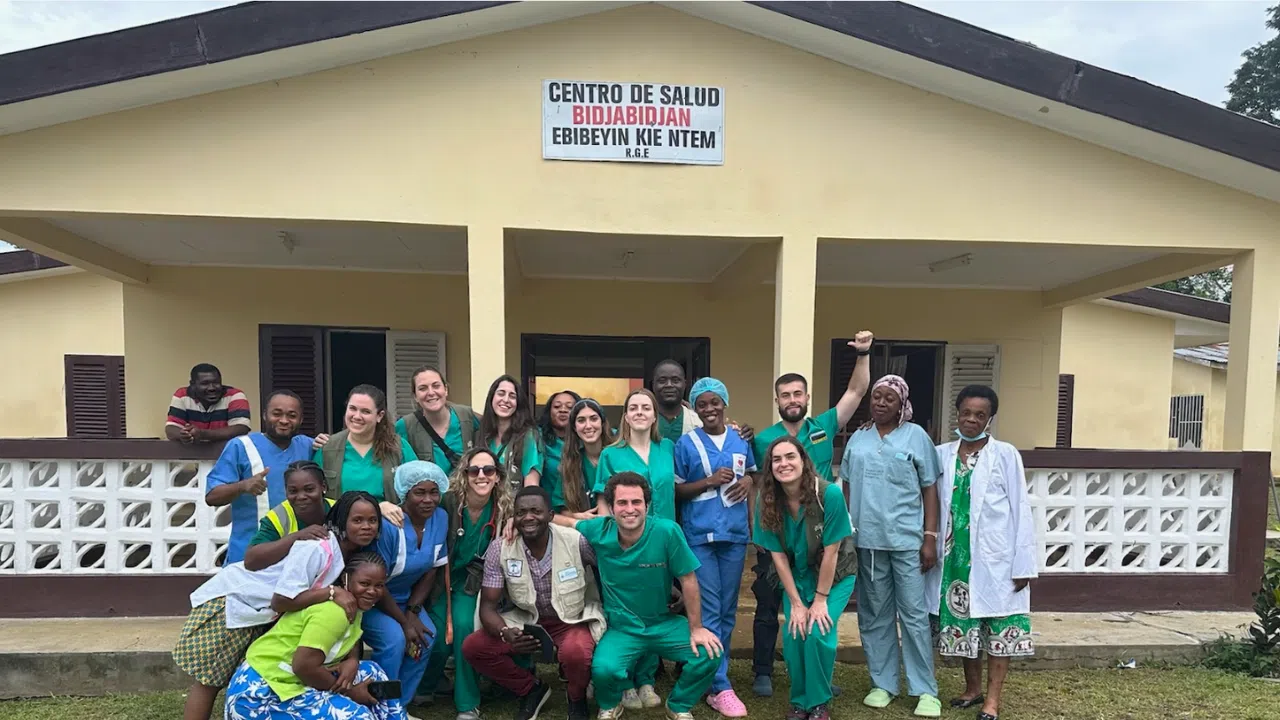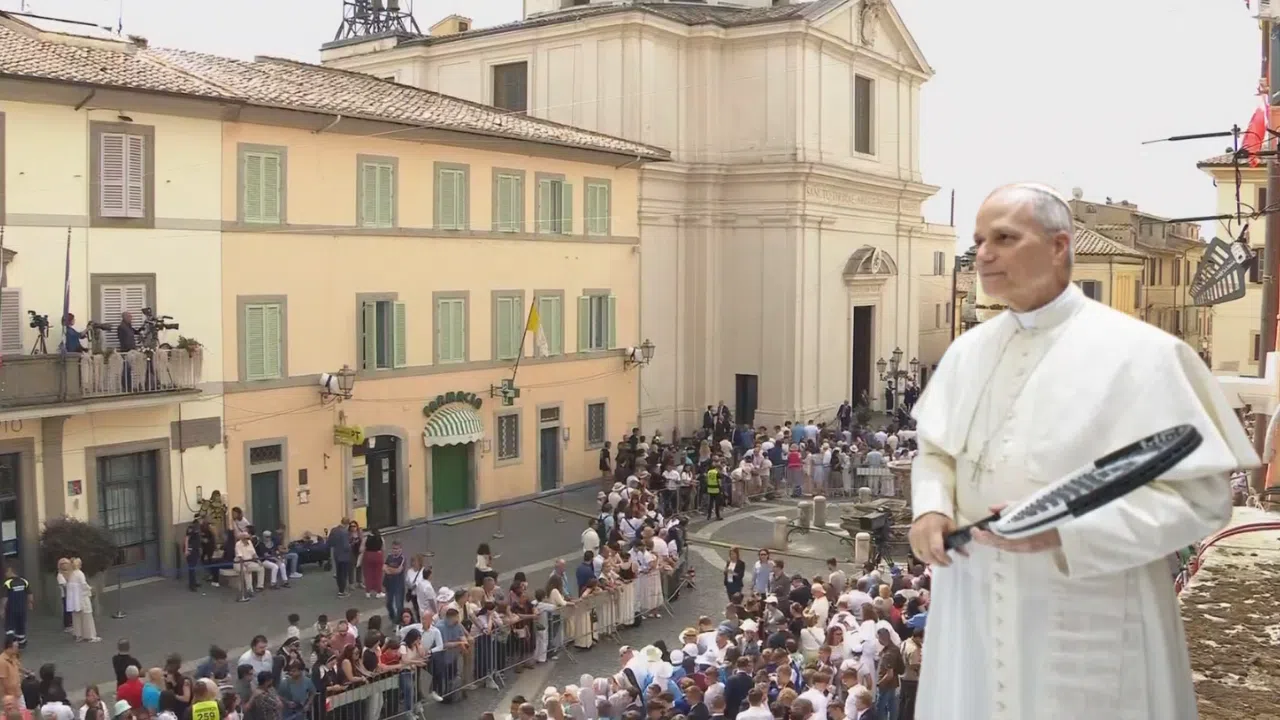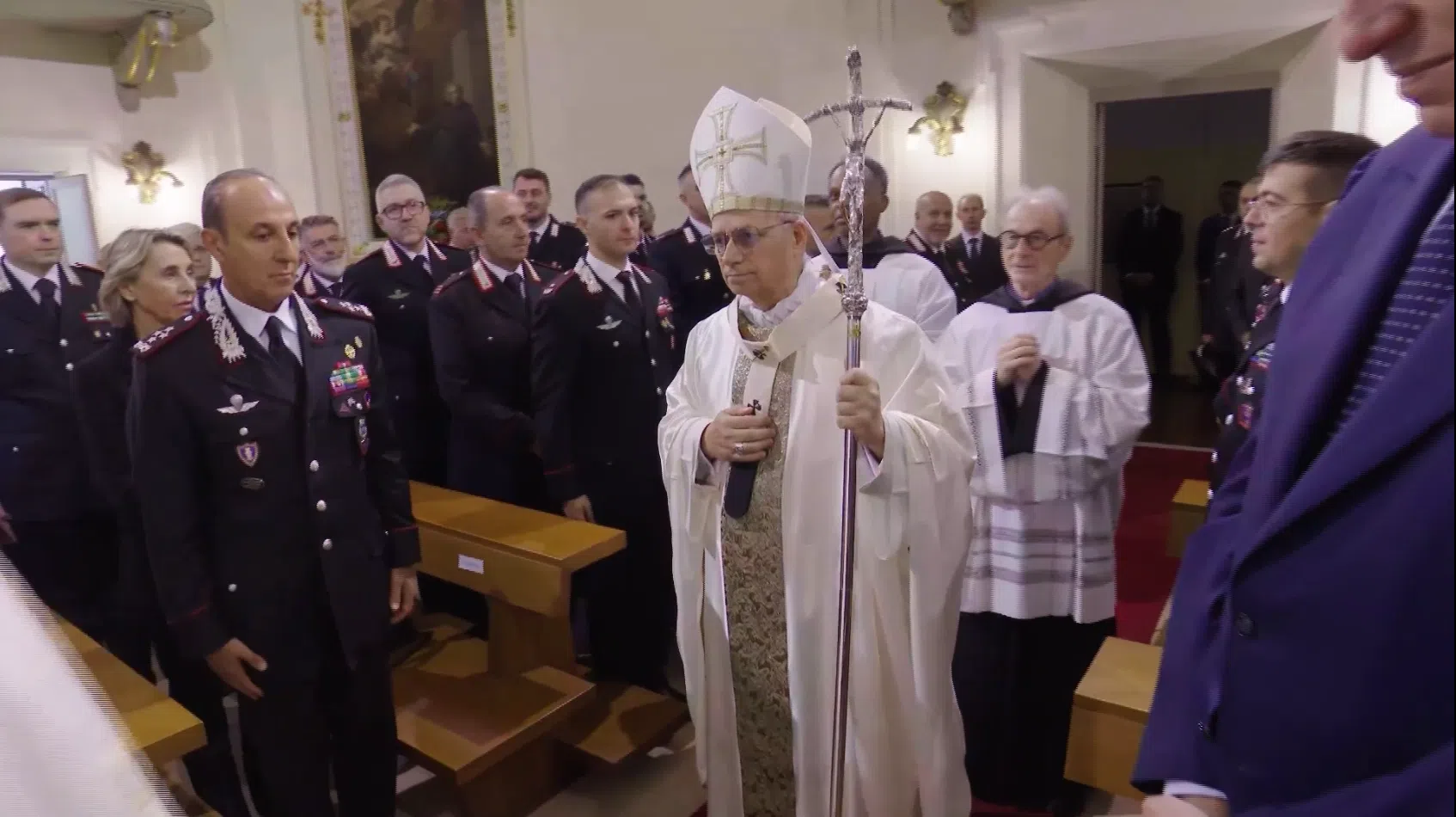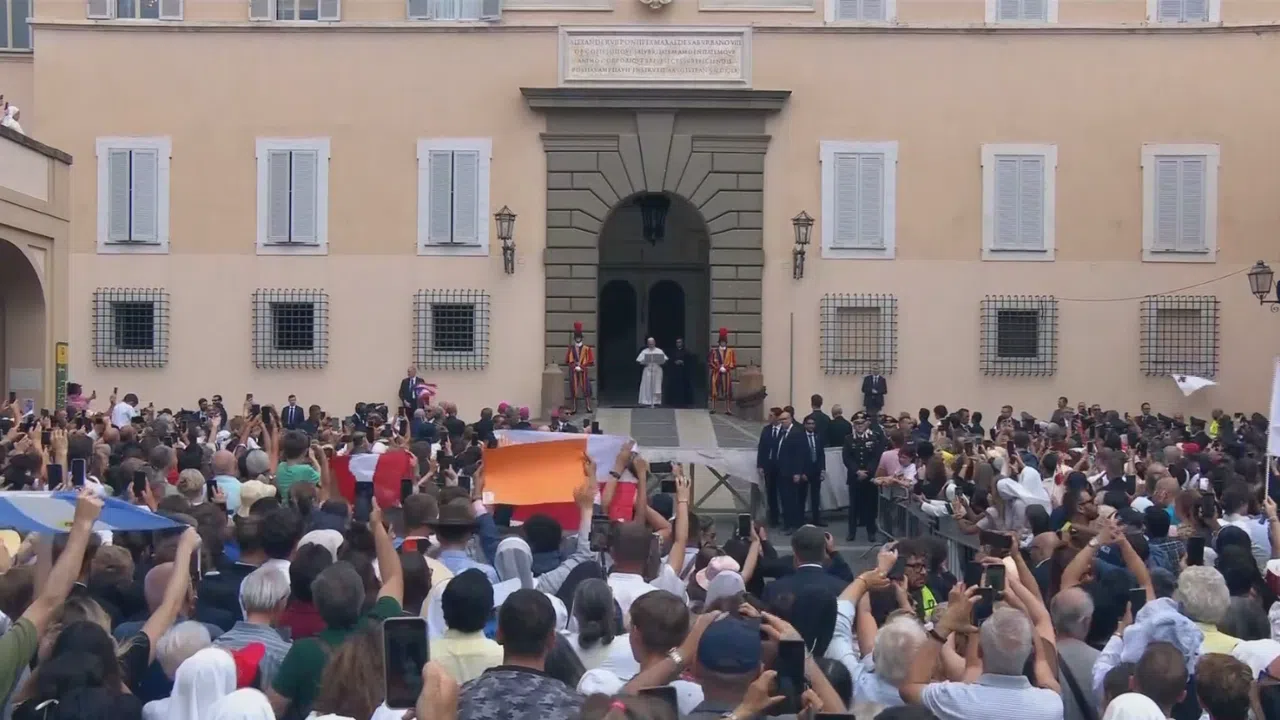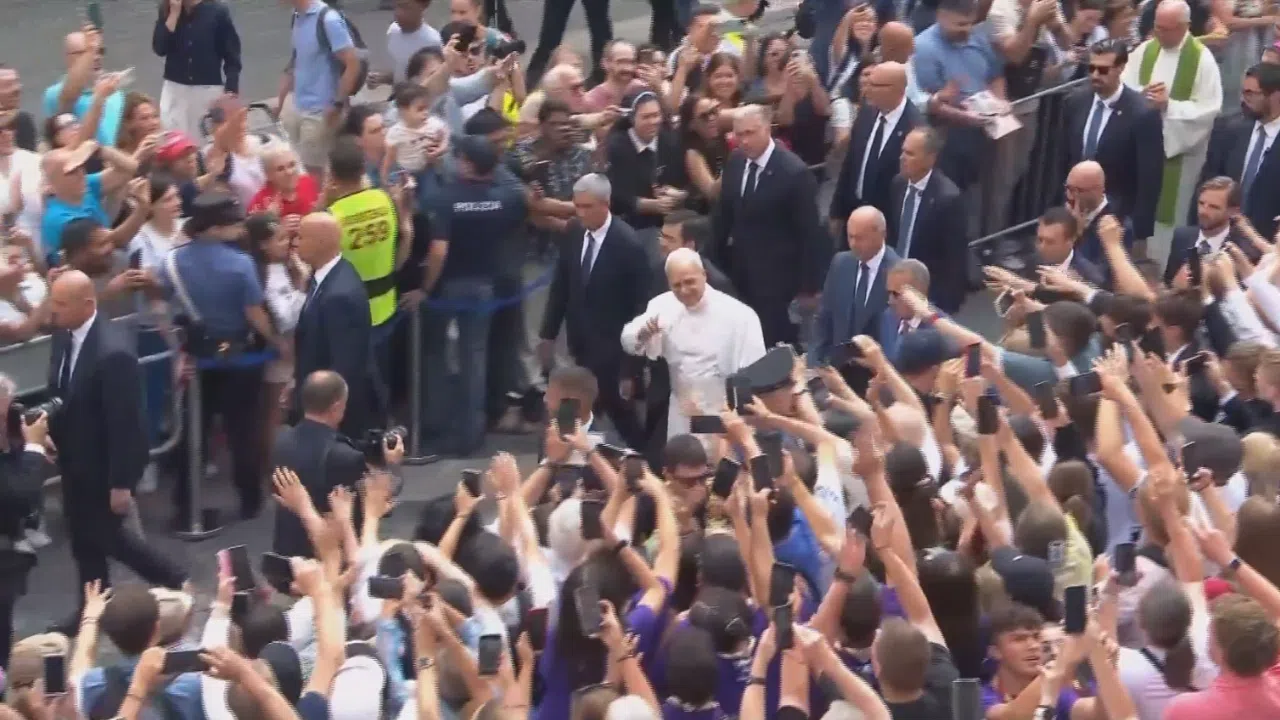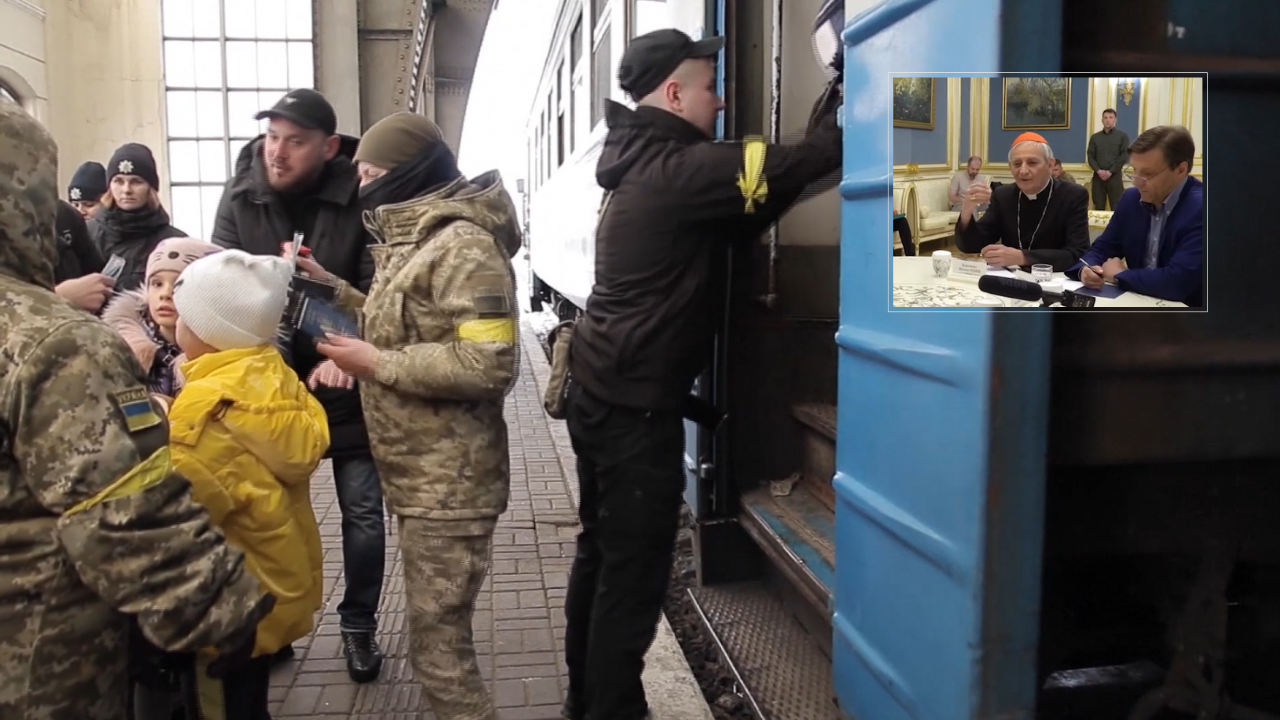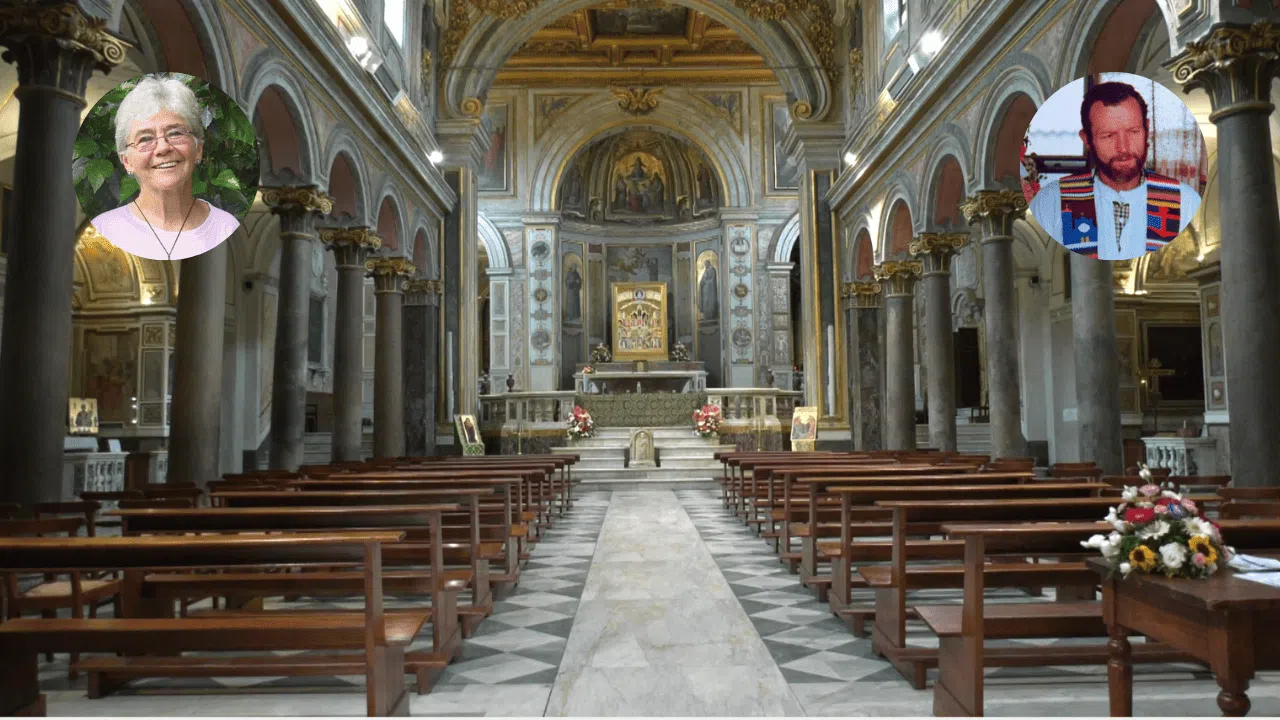WHO'S PAYING FOR THE TRIP?
The pope will be in Chile from Monday, January 15 to Thursday, January 18. The Catholic Church will bear the cost of his religious events, and the Chilean government will handle those of his state encounters and security – as it does with other events such as concerts, football matches or rallies.
Neither the pope nor the Vatican will be paid for the trip. The costs will provide work for thousands of people in the country and benefit the areas visited. In addition, one million tourists from Argentina are expected to arrive for the visit. All the hotels have been booked, and Chile will be shown in a positive light by media outlets.
WHAT ARE THE THEMES OF THE TRIP?
Pope Francis is travelling to three cities: the capital, Santiago, Temuco in the south and Iquique in the north.
In Santiago, he will hold the large official encounters – with the government, with bishops and also with the youth.
The pope will go to the city of Temuco, in Mapuche territory, very close to the border with Argentina.
The Mapuche are an indigenous group who were in Chile before Spanish arrival. They are nomads and were in permanent war until Chilean independence.
After the 1970s land reform, they resumed their claims.
There's a violent Mapuche group that has burnt various churches and private property, but which has not received significant votes in elections.
The last stop is Iquique, an ancient open port in the north of the country. It's an area to which people migrate from all over Latin America, especially Peru, Bolivia and Colombia.
One of the trip's sensitive issues could come up there, the contention between Bolivia and Chile over obtaining an outlet to the sea.
The Bolivian outlet to the sea is one of the most delicate topics. This country lost its opening to the Pacific Ocean in a war with Chile that began in 1873.
Bolivia is appealing to the International Court of Justice to order Chile to negotiate an outlet to the sea.
During his trip to Bolivia in 2015, Pope Francis advised both countries to hold dialogue. In Bolivia, this statement by the pope about having an opening to the sea was well-received, while it bothered Chileans.
POPE FRANCIS
“I would say that it is not unjust to envisage something like this, to have this aspiration.”
Chile has asked Pope Francis not to comment on the conflict during this trip, at least until the Court makes a decision.
MARIANO FERNÁNDEZ
Ambassador from Chile to the Holy See
“What we asked him, not only the pope, we asked anyone to abstain from giving his or her opinion on this issue while it's in the Court's hands.”
WHAT TO WATCH FOR
There are two cross-cutting themes that could present themselves in all of the pope's gestures.
One is the push for social friendship in the country, good relations between people even if they hold opposing views; and the other, helping the Church emerge from the prestige crisis in which it finds itself, especially after the Karadima scandal.
Fr. Fernando Karadima was a prestigious priest held in high regard, until it was discovered he had a double life and abused various people in the 1980s.
In 2011, the Vatican declared him guilty, ordered him to close himself in a monastery and prohibited him from any pastoral mission. The Chilean court system had archived the accusations, but later reopened them. It was not able to prosecute due to the statute of limitations.
The sentence coincided with the nomination of Juan Barros as bishop of Osorno. He had already been bishop in another city, but as he had been spiritually guided by Karadima in the past, three victims accused him of covering it up. He denied it.
Despite all of this, a group of people from his diocese have repeatedly protested since then against the nomination and asked for his resignation.
P. FERNANDO MONTES
Jesuit priest (Chile)
“Today, the Church that had 80-percent credibility, like all institutions – because the same thing happens to representatives and senators – the Church has fallen and is now one of the least trustworthy bodies in Latin America.”
WHAT ARE THE NUMBERS FOR THE CHURCH IN CHILE?
Chile has the least popular Church in Latin America. Surveys show that 36 percent confide in it, a 43-point decrease from seven years ago.
This is reflected in the lowest religious practice.
The country has 17,800,000 inhabitants. In 2006, 70 percent were Catholics; in 2014, it decreased to 66.7 percent. Evangelicals have increased from 14 to 16 percent, and atheists from 12 to 22 percent.
Pope Francis has three days in the country to change the situation.
